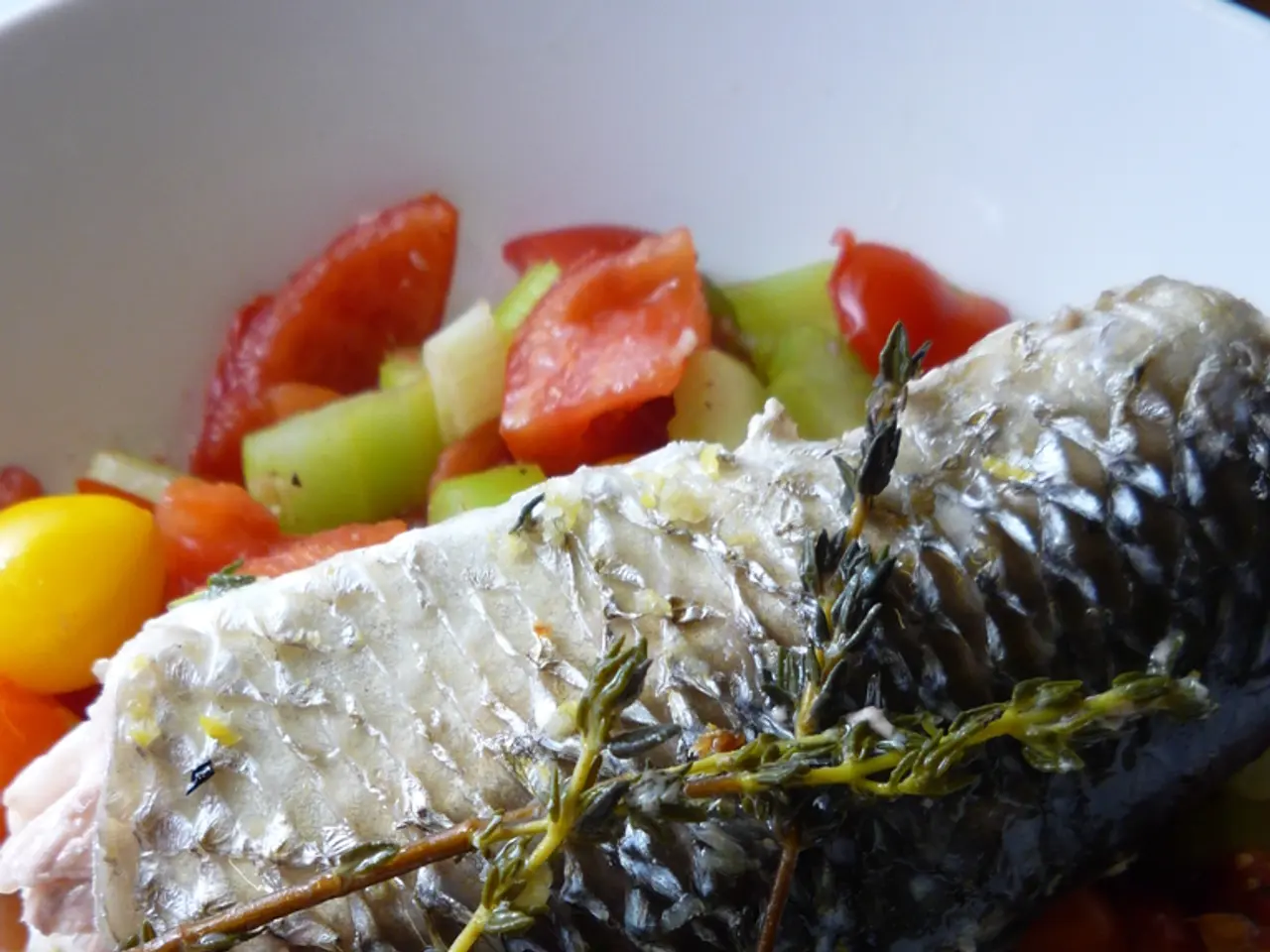Top 13 Notable Plant-Based Protein Options for Vegetarians and Vegans
Plant-Based Proteins Offer a Varied and Nutrient-Rich Diet
Protein is an essential nutrient for building muscles, tendons, skin tissues, and producing antibodies to fight infections. Contrary to popular belief, a vegetarian or vegan diet can provide all the necessary protein requirements.
Registered dietitian Nancy Geib emphasises that on such diets, enough protein can be obtained from an adequate number of calories from a variety of whole foods. A diverse range of plant-based protein sources can collectively offer a broad spectrum of amino acids and nutrients necessary for a balanced vegetarian or vegan diet.
Legumes: A Rich Source of Protein
Legumes, such as lentils, chickpeas, and beans, provide around 7–9 grams of protein per 100 grams. They are also rich in fiber and micronutrients. Half a cup of any bean variety contains 6 to 9 grams of protein.
Soy Products: Complete Proteins
Soy products, like tofu, tempeh, edamame, and soy milk, are high-quality complete proteins. A three-ounce serving of tempeh gives 15 to 16 grams of protein, while one cup of edamame packs 18 grams of protein. Tofu provides 8 grams of protein per 3.5-ounce serving.
Grains: Complete Proteins Too
Grains like quinoa and amaranth contain all essential amino acids, making them complete proteins. They provide 8–9 grams of protein per cooked cup. A quarter cup (uncooked) of barley or quinoa adds 5 to 6 grams of protein.
Nuts and Seeds: Protein and Healthy Fats
Nuts and seeds, such as almonds, walnuts, hemp, chia, flax, and pumpkin seeds, are rich in protein and healthy fats. Hemp seeds offer up to 10 grams of protein per ounce, while pumpkin seeds have 7 grams of protein per ounce.
Plant-Based Dairy Alternatives
Some milk substitutes, such as soy milk and pea milk, have nearly as much protein as cow's milk. A diet rich with whole plant foods can lower the risk for many chronic illnesses and improve overall health.
Other Plant-Based Protein Sources
Cottage cheese or plain Greek yogurt pack 13 grams of protein or more per serving. One cup of cooked peas has 8 grams of protein. Leafy greens like spinach, watercress, and bok choy have a high protein content per calorie. One tablespoon of nutritional yeast adds two grams of protein to a meal.
Adequate Protein Intake
It's not necessary for most people to meticulously count or track how much protein they're eating every day. Healthy adults should ideally get about 0.36 grams of protein per pound of their body weight each day. For a 150-pound adult, this equates to approximately 54 grams of protein daily. The protein requirement depends on many factors including individual activity level and muscle mass.
Eggs: A Nutritious Source of Protein
Eggs are a low-cost and nutritious source of protein, with each egg providing 6 to 8 grams.
In conclusion, a varied vegetarian or vegan diet can provide all the necessary protein requirements. Embracing a diet rich with whole plant foods not only ensures adequate protein intake but also offers numerous health benefits, including lower saturated fat and cholesterol levels.
Protein-rich plant-based foods contribute to overall health and wellness, as they offer a varied and nutrient-rich diet, particularly for vegetarians and vegans. For example, legumes such as lentils, chickpeas, and beans are excellent sources of protein, providing around 6 to 9 grams per half cup. Additionally, nuts and seeds like almonds, walnuts, hemp, chia, flax, and pumpkin seeds are packed with protein and healthy fats. Furthermore, science has proven that soy products, grains like quinoa and amaranth, and plant-based dairy alternatives can provide high-quality proteins, aiding in fitness and exercise.




